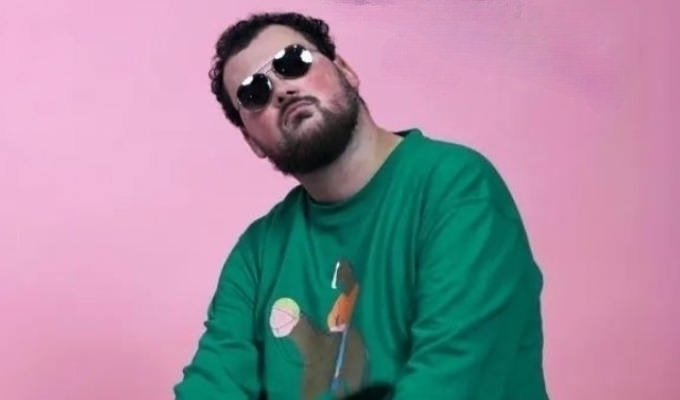Laying down the law
Jenny Afia's expert guide to what you can and can't say online
What do you get if you cross a comedian accused of racism, a tweet about airport terrorism and a man sent to prison for posting sick comments about a missing schoolgirl on Facebook?
Answer: Some of Britain's sharpest legal minds struggling to identify the line between the right to offend and the right not to be offended.
The Director of Public Prosecutions is busy setting out guidelines to help courts decide how to deal with offensive social media. These should bring together all the different laws put in place before social media was as sociable as it is now. But until the law finally catches up sometime in 2013, this is what we are left with.
Number One: Communications Act
Under the Communications Act, it's a criminal offence to use social media to send grossly offensive, indecent, obscene, false or menacing messages.
In the Twitter joke trial, Paul Chambers was originally fined £1,000 on the basis that his tweet (‘Crap! Robin Hood airport is closed. You've got a week and a bit to get your shit together otherwise I'm blowing the airport sky high!!’) was ‘clearly menacing’.
On his second appeal, the court saw sense and recognised that Chambers' tweet was not a ‘message of a menacing character’. Apart from anything else, staff hadn't considered it as a genuine threat at the time.
The Crown Prosecution Service has since said when deciding whether to prosecute someone under the Communications Act, the question will not be if the message is grossly offensive, but if it is so grossly offensive that criminal charges should be brought. This was the case with the teenager posting the Sickipedia-esque jokes about April Jones.
The law appreciates that freedom of expression includes the right to say things that ‘offend, shock or disturb the state or any section of the population’.
Circumstances and context are key. As these are harder to control over social media, when a message can disseminate around the globe in minutes, caution is needed.
Number Two: Protection from Harassment Act
Unlike real life, on Twitter it’s good when someone follows you. But harassment laws do apply in cyberspace.
The Protection from Harassment Act prohibits behaviour which causes alarm or distress. There has to be a threshold for this (otherwise bosses annoying employees and parents distressing children around the country would be guilty). The test is whether a ‘reasonable person’ would think the behaviour amounts to harassment.
There hasn't yet been a case on whether inciting Twitter followers to abuse another user could be harassment. There's no reason why it wouldn’t be if it causes serious and foreseeable distress to the target.
Those found guilty of harassment risk up to six months imprisonment or a fine.
Number Three: Defamation
While people are more likely to regard comments on social media as transient, in theory, defamation laws apply on social media in the same way as anywhere else.
Something is defamatory if it makes the reader think worse of the subject. Calling someone racist is an obvious example.
Latitude is given for, to use a technical legal term, taking the mickey. Again context is important: a comedian disparaging someone is different to a Financial Times article criticising them (of which no doubt there will be more if scrutiny into individuals' financial affairs continues).
Defamatory material can be defended if it's ‘fair comment’. This protects the expression of opinion, however forceful, provided it’s clear it's an opinion. Going back to the racism claim, legally it's OK to say that based on someone's material you think they are racist, but not to allege it as a matter of fact.
It's a fine line and trying to tread it in just 140 characters can be tricky.
Truth, of course, is the ultimate defence to a defamation claim.
How all this will continue to apply in cyber-space remains to be seen. Until the new guidelines are ready, there's an uncomfortable feeling it's being worked out on a case by case basis. As far as social media is concerned, 2012 is the year comedy became serious.
- Jenny Afia is a Partner and Head of Talent at Schillings. Her Twitter handle is @JennyAfia.
Published: 22 Oct 2012






